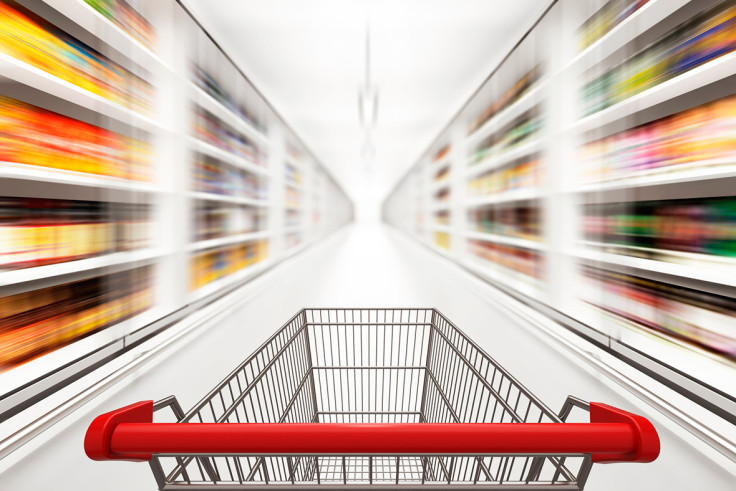UK inflation hits highest level in over two years as weaker pound bites
Air fares and food among the main contributors to rise in inflation says Office for National Statistics.

Inflation in Britain rose at the fastest pace in two and a half years in December, growing more than analysts had expected as the weaker pound translated into higher import prices.
According to data released by the Office for National Statistics (ONS) on Tuesday (17 January), inflation rose 1.6% year-on-year in December, up from the 1.2% reading recorded in November and higher than the 1.4% figure analysts forecast.
The reading meant inflation as measured by the consumer price index has reached its highest level since July 2014. On a monthly basis, inflation rose 0.5% in the final month of 2016, compared with a 0.2% figure recorded in the previous month and analysts' expectations for a 0.3% reading.
The ONS added the main contributors to the increase in the rate were rises in air fares and the price of food, along with prices for motor fuels, which fell by less than they did a year ago.
Meanwhile, the core rate of inflation - which excludes volatile items such food and energy - also rose 1.6% in December, the fastest increase since August 2014, while inflation measured as the retail prices index hit its highest level since July 2014.
The data comes a day after Mark Carney said the Bank of England (BoE) was closely monitoring developing trends in consumer spending, after suggestions Britons were using their savings to keep spending, despite rising inflation.
Consumer spending has defied expectations by holding steady in the six months since Britain's referendum on European Union membership, but the BoE governor warned a declining pound remained likely to hit households' incomes and living costs.
Sterling has fallen 19% against the US dollar since the June referendum and on Monday (16 January) it hit $1.1983, the lowest level since last October's flash crash.
John Hawksworth, chief economist at PwC, warned that the squeeze on household incomes could be even greater as inflation keeps rising.
"We expect this rise in inflation to continue, based on cost pressures building up in the supply chain and the recent renewed weakness of sterling, taking it above its 2% target by mid-2017 and close to 3% by the end of the year," he said.
"With wage inflation expected to remain sticky, we expect this to squeeze consumer spending power over the course of this year, dragging down economic growth to below 2% in 2017."
Meanwhile, a separate report showed the cost of imports climbed 16.9% year-on-year in December, recording the biggest increase since July 2011, while factories' costs also increased at the fastest pace in five years, as they increased 15.8%.
However, Ben Brettell, senior economist at Hargreaves Lansdown, suggested despite the latest spike, inflationary trend over the long-term could remain lower than expected.
"The effect of the weak pound, assuming it doesn't fall much further, is a one-off factor which will fall out of the figures eventually," he said.
"The longer-term picture is one of structurally low inflation – due in part to demographic reasons. The baby boomers are starting to retire and have already gone thorough their consumption phase
"The younger generation is saddled with debt and struggling to get on the housing ladder. Workers don't have the bargaining power over pay they once did, and wage growth looks set to be anaemic at best."
© Copyright IBTimes 2025. All rights reserved.






















